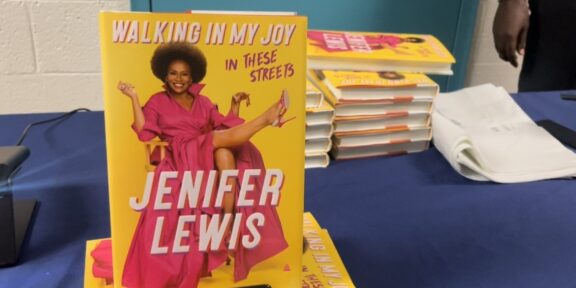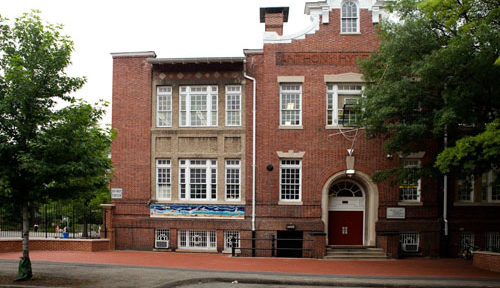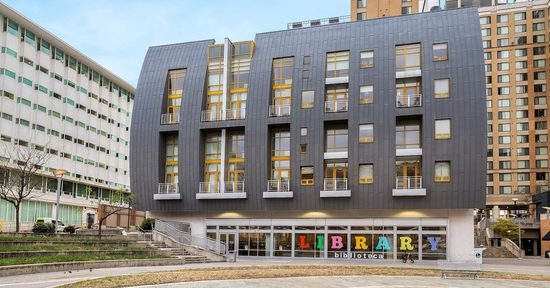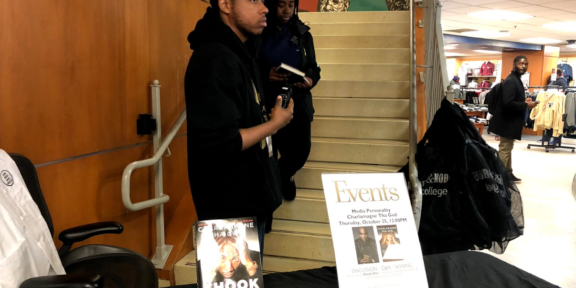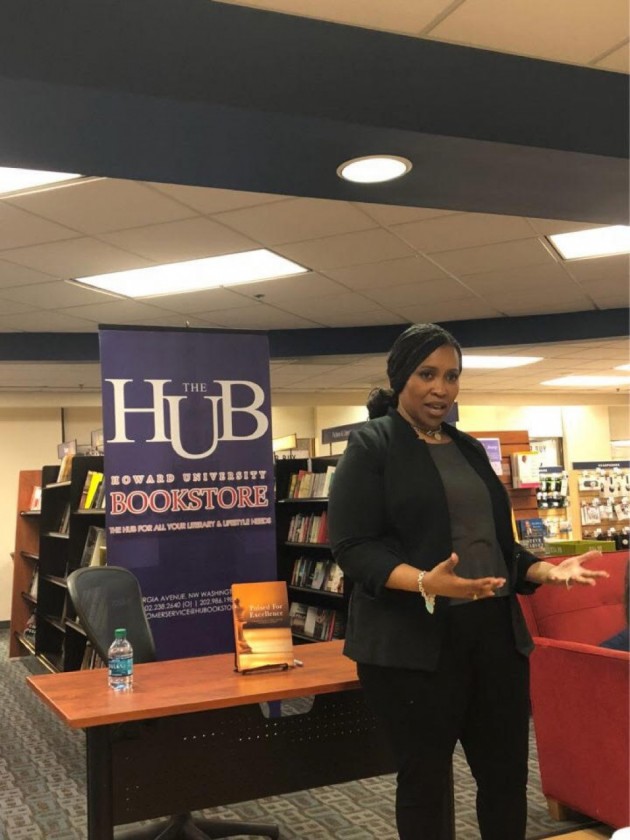Malcolm X confidant A. Peter Bailey reflected on the life of the slain human rights leader on Monday night at a meeting room full of local residents in the bottom of the Watha T. Daniel-Shaw Library on Monday night.
The program, named after Bailey’s upcoming book, “Malcolm X-Master Teacher: Personal Reflections,” highlighted the international affairs of Malcolm X and their experiences with the Organization of the Afro-American Unity, or OAAU.
In 1964, Bailey joined forces with Malcolm X who, along with others, founded the OAAU. In addition to being a co-founder, Bailey was the editor of the OAAU’s newsletter and an editor of Ebony Magazine from 1968 to 1975.
The OAAU was a human rights organization with the purpose of establishing the independence of people of African descent in the Western hemisphere. It was Malcolm X’s goal to unite blacks in America so they could then unite with countries in Africa.
“The things that he did, both domestically and internationally, were being motivated by the racial terrorism of the southern states,” Bailey said.
According to Bailey, Malcolm X’s purpose while in traveling abroad was to distribute information and hold press conferences, pushing the idea of taking the U.S. government before the United Nations Commission on Human Rights.
In a letter to the Egyptian Gazette, Malcolm X proclaimed: “As long as freedom is labeled as a civil rights issue, it remains a domestic problem under the jurisdiction of the U.S. government; therefore we are going to call it a human rights problem. We can then take the racism of the American government before the world court and have the racists exposed and condemned as the criminals that they are.”
Bailey said that although it is not included in most books about Malcolm X, African leaders, for the first and last time, issued a resolution in response to Malcolm’s appeal. The Organization of African Unity urged the authorities in the United States to eliminate all forms of discrimination based on race or ethnic origin.
“This was unheard of that African states in 1964 issued something of this type,” Bailey said. “I consider it something very important that played a major role.”
Bailey described U.S. newspapers as being astounded by the connections being made by Malcolm X and African countries. At that moment, he said, he was afraid for Malcolm’s life, because he knew the government would be after him.
Throughout the night, Bailey read responses from several people and organizations on Malcolm X’s international affairs. Bailey said a reply from Dr. Martin Luther King Jr. read, “If I could get the petition signed, I would support him.”
Bailey said he doesn’t want Malcolm X’s assassination to be viewed as just black-on-black violence or a fight between him and the Nation of Islam. “The government was always watching him, too,” he added.
The Audubon Ballroom, where Malcolm X was assassinated on Feb. 21, 1965, is now the Malcolm X and Dr. Betty Shabazz Memorial and Educational Center. Bailey said the center’s focus is providing education on the human right’s leader and enhancing the growth of black people in this country as a unit.
Bailey said in order for the black community to progress, African Americans have to come together and build things.
“Organizations are not institutions,” he said. “We have to start paying attention to people who are building things. We need structures that will stand.”


